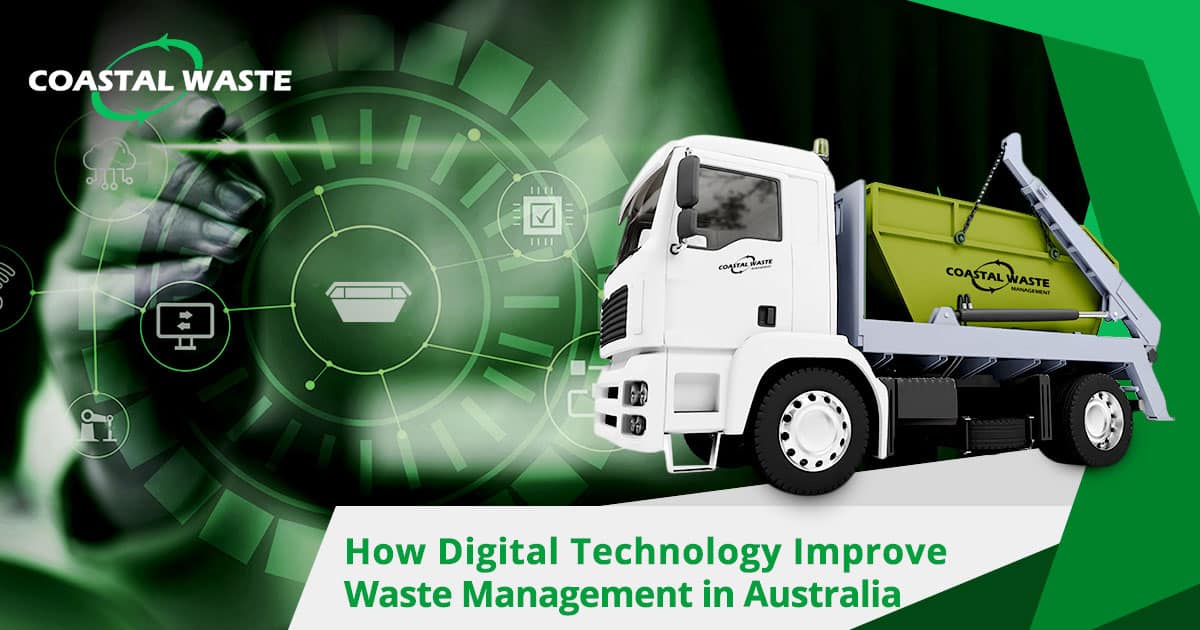
Australian waste management is currently facing several challenges. One of the most pressing issues is the increasing amount of waste being generated. Australian households produce an average of 1.5 tonnes of waste each year, and this figure is only expected to rise as the population grows.
This increase in waste means that existing landfill sites are quickly reaching capacity, and new sites are becoming increasingly difficult to find. In addition, Australian waste is becoming more complex, with a growing proportion of electronic and hazardous waste. These materials are costly to dispose of and can pose a risk to human health and the environment if not managed properly.
As a result, there is an urgent need for more efficient and sustainable waste management solutions in Australia. Another challenge facing Australian waste management is the high cost of environmental compliance. Environmental regulations are constantly evolving, and waste operators must ensure that their facilities meet these changing standards.
This can be a costly exercise, particularly for small businesses. Finally, Australian waste operators must also contend with the volatile nature of commodity markets. Recyclable materials such as paper and metal are often sent overseas to be processed, and changes in global demand can have a big impact on the profitability of recycling operations.
How Digitalisation Is Improving Waste Management Logistics
As the world becomes increasingly digitised, even the waste management industry is beginning to feel the effects of digitalisation. By utilising GPS tracking and real-time data analysis, logistics companies are now able to track their fleet of vehicles with greater accuracy and efficiency. This not only helps to reduce emissions and save on fuel costs, but it also allows for a more efficient collection of waste.
In addition, digitalisation is also helping to improve recycling rates. By implementing smart sorting systems, recyclable materials can be separated from general waste at the point of collection. This not only reduces the amount of waste that ends up in landfills but also helps to cut down on the costs associated with waste disposal.
An excellent example of this trend is the adoption of skip bin hire management software. This type of software streamlines the process of renting out skip bins by automating scheduling, fleet tracking, and invoicing.
As more and more organisations begin to adopt digitalisation technologies, it is hoped that even greater improvements in waste management will be seen in the years to come.
Coastal Waste’s Digital Approach to Reliable Skip Bin Hire
Coastal Waste Management is a leading provider of skip bin hire services in Western Australia. We have a comprehensive network of skip bins that are available for hire, and our digital waste management logistics system ensures that we can deliver skip bins to our customers in a timely and efficient manner. Our system enables us to track the location of our skip bins at all times, and we can also provide real-time updates on the status of your order.
This means that you can be confident that your skip bin will be delivered on time, every time. In addition, our digital waste management system ensures that we can provide you with the most competitive prices for skip bin hire. Contact us today to find out more about our skip bin hire services.

